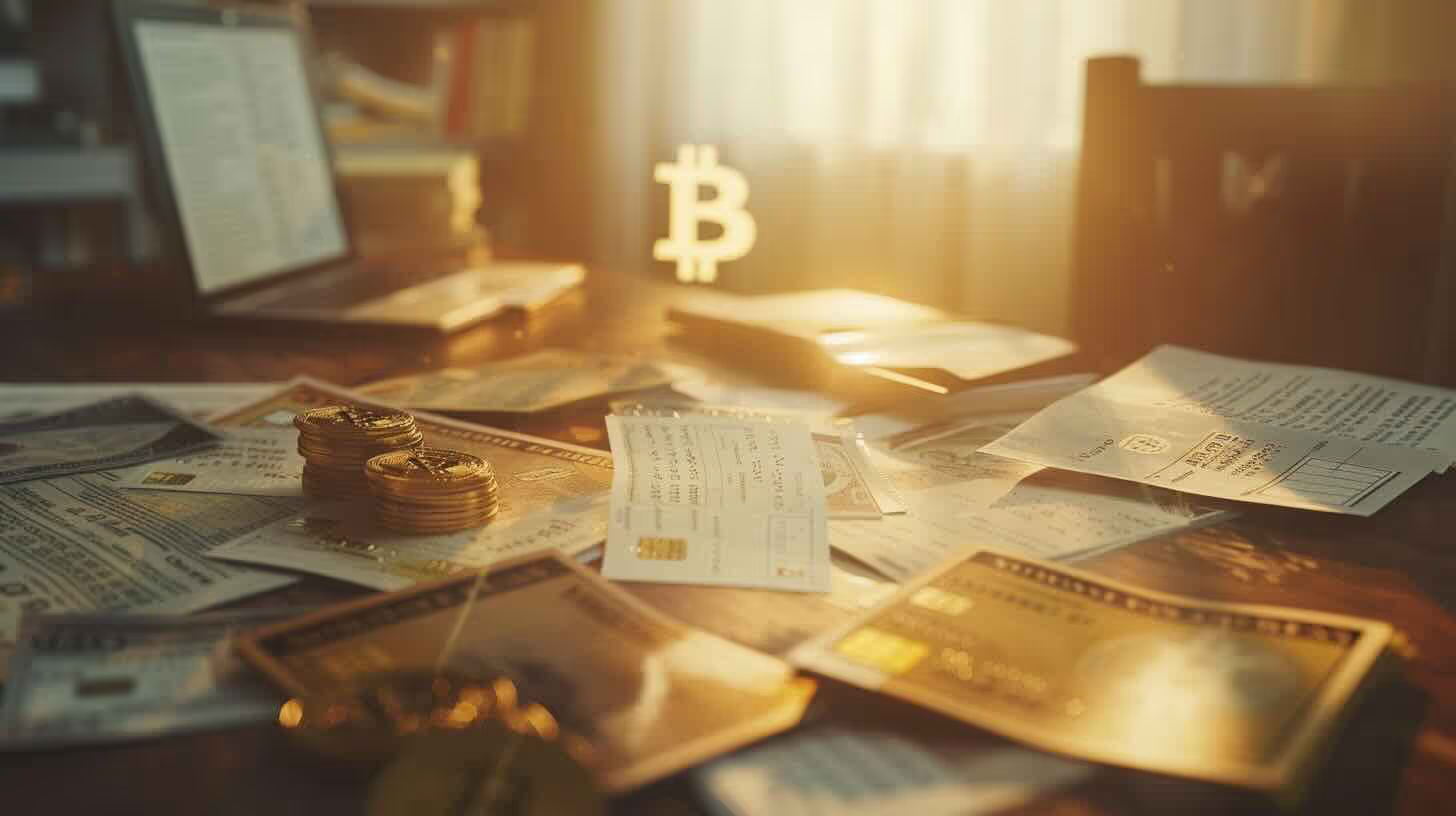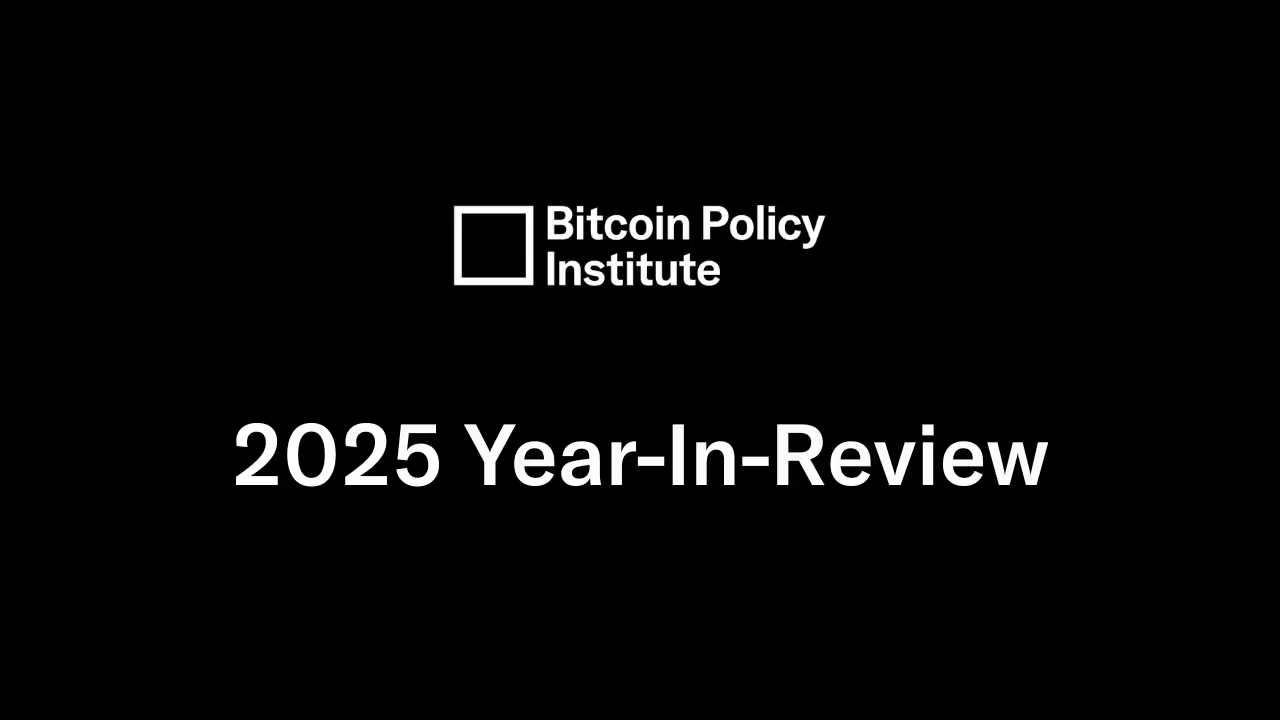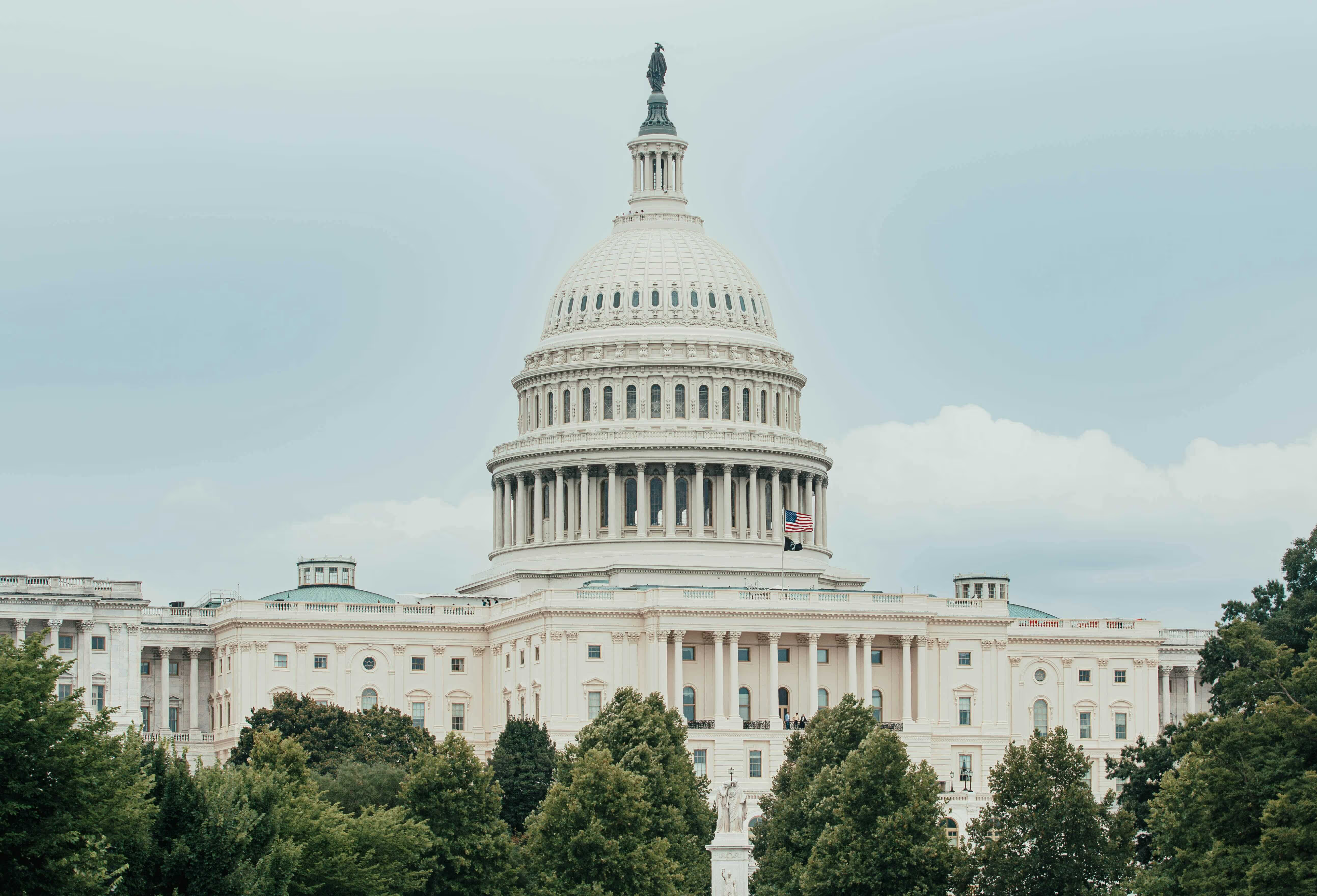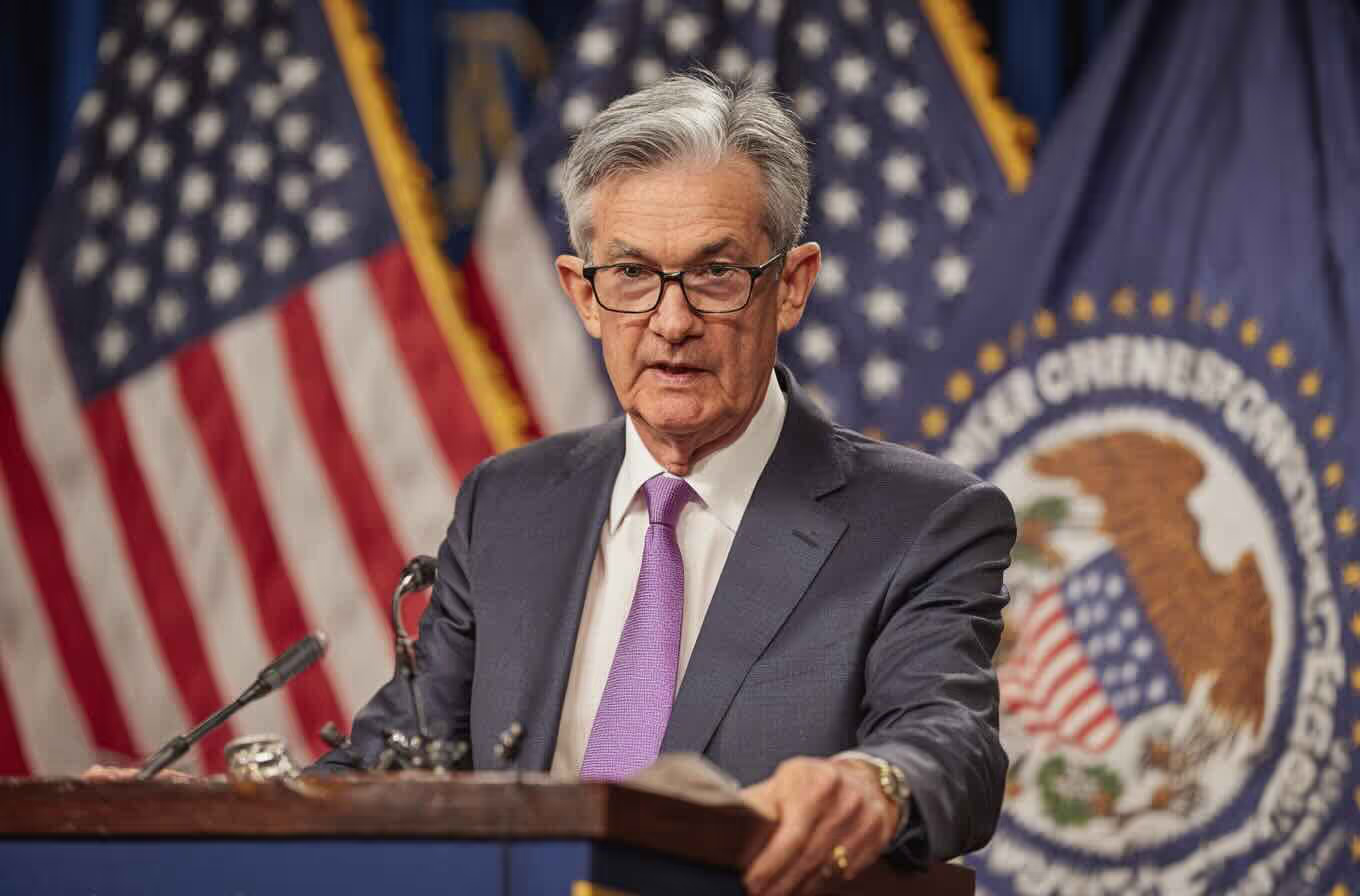Censorship and Inclusion Part 1
Dr. Bradley Rettler explores how Bitcoin resists financial censorship in Part 1 of a two-part series on Bitcoin and financial freedom.

Censorship is usually thought of as the suppression of speech. A person is censored when they are unable to speak freely and say what they want to say. But more generally, a person can be said to be censored when they are unable to express their values. This could be oral speech, written speech, artistic expression, or financial expression. We express our values by what we exchange value for. When we donate, give, or purchase, we show what we value more than the money we're giving away.
Financial censorship comes in several forms. There's censorship of particular transactions, as when a bank or credit card company denies a particular transaction. There's censorship of types of transactions, as when a bank or credit card company doesn't allow transactions involving particular products or types of products. There's censorship of individuals, as when a bank or credit card company doesn't let you pay someone, or doesn't let a particular entity make payments.
Censorship of particular transactions usually results as a matter of distrust or suspicion. A credit card transaction could be declined because it's unusually large or in a place far from where the user lives. This can be inconvenient if you're in a foreign country and needing to pay a taxi driver. But while the card belongs to you, the power to approve or decline the transaction resides entirely with the credit card company or bank.
Censorship of types of transactions took center stage during Operation Chokepoint. This initiative targeted businesses that were deemed to be risky due to the nature of the goods and services they provided. Those goods included guns and ammunition and fireworks, and the services included payday loans and gambling. The federal government put pressure on banks not to provide services for entities deemed risky – even though these goods and services were legal.
Finally, censorship of particular individuals occurs when a particular entity is targeted and their transactions are blocked. Authoritarian governments often target protestors with financial sanctions in an effort to squelch protest movements. Protests require travel and purchases, and so cutting off access to finances is often sufficient to quell a protest.
Bitcoin resists attempts at censorship.
Bitcoin transactions are created and submitted by users. They broadcast their address, a digital signature proving ownership of the private key to the address, an amount of bitcoin, and an address to which they want to move that amount of bitcoin. None of this requires disclosing your identity.
But suppose someone wanted to try to prevent a certain person or entity from using bitcoin. First the would-be censor must learn some addresses of the person, so they can try to prevent those addresses from sending and receiving bitcoin. Once they learn one address, they can try to do some blockchain analytics to figure out other addresses. This is very time- and computation-intensive.
But even supposing they learn every single address that the person has ever used, they can't prevent the person from creating new addresses and using those. And most importantly, even if they could, they can't prevent the person from transacting on the Bitcoin network.
They can't prevent the person from broadcasting a transaction. So, they'd have to prevent the transaction from being included in a block. Those responsible for including transactions in blocks are miners, and they do it for profit. The winning miner gets a block subsidy of new bitcoin, and also collects the transaction fees for every transaction included in a block. There are thousands of bitcoin miners, and in order to censor a person from transacting on the Bitcoin network, you have to get to all of them. You never know which one is going to win the next block, and even if it's one you've convinced to censor a person's transaction, there's another block coming in ten minutes that anyone could mine.
Financial censorship is a favorite tactic of authoritarians, and it is all too easy to carry out in the standard financial system. Bitcoin is an important bulwark against it.
Part II of this series will discuss financial inclusion – how some people are entirely excluded from the financial system, and how bitcoin is radically inclusive.



.svg)





